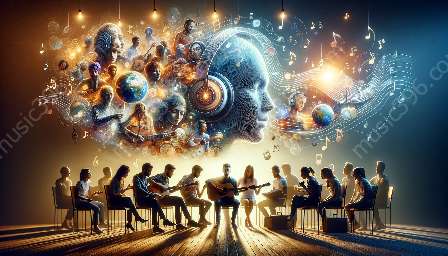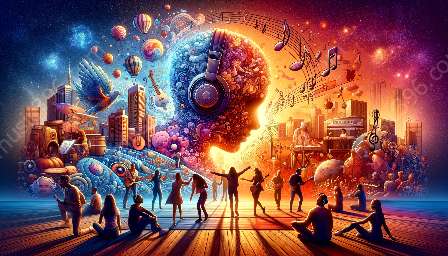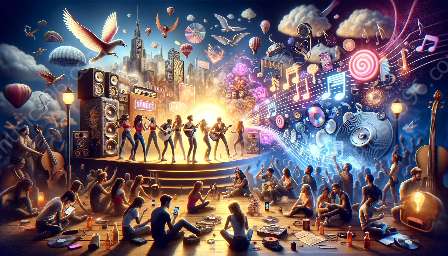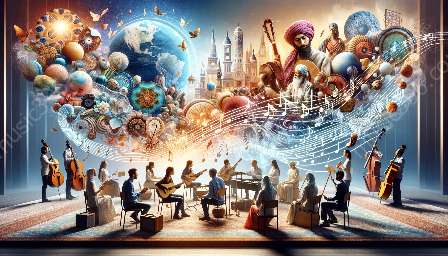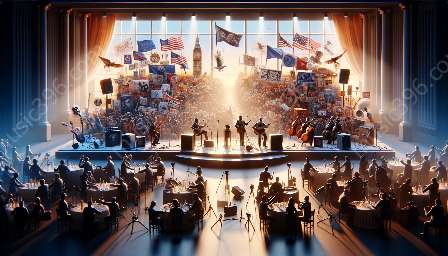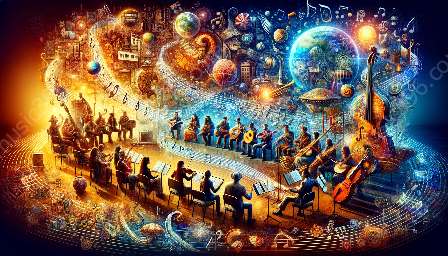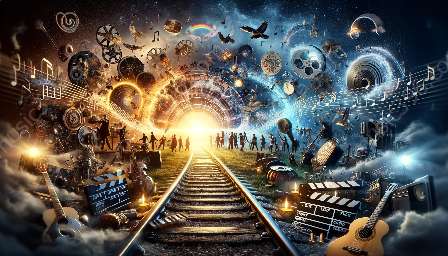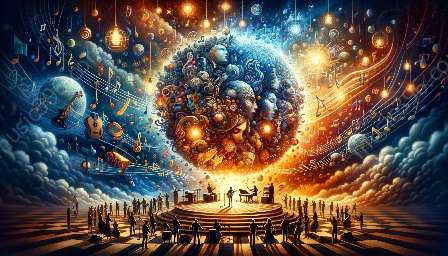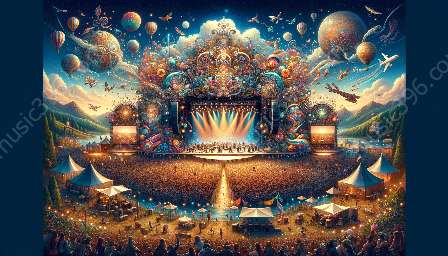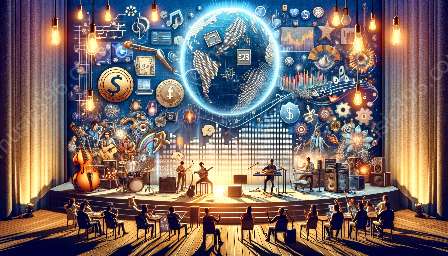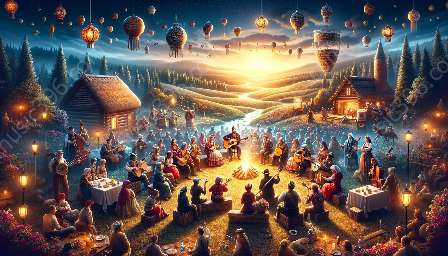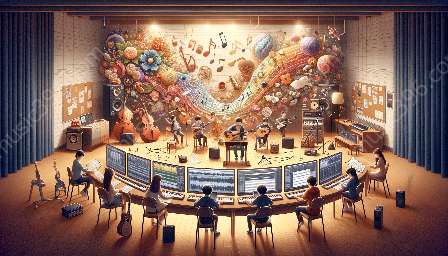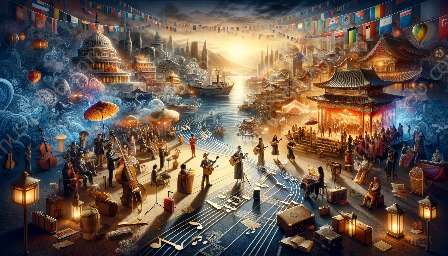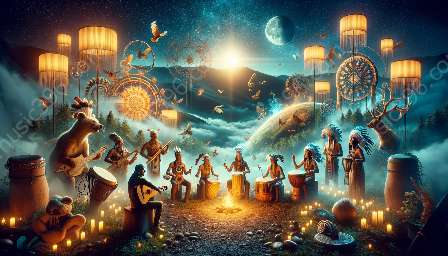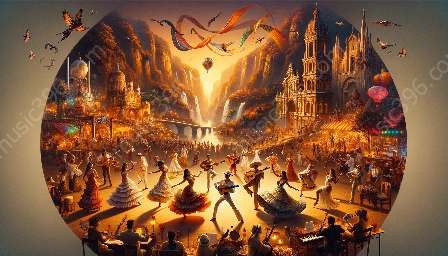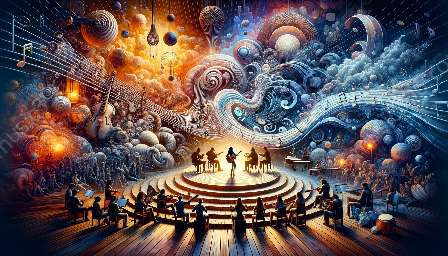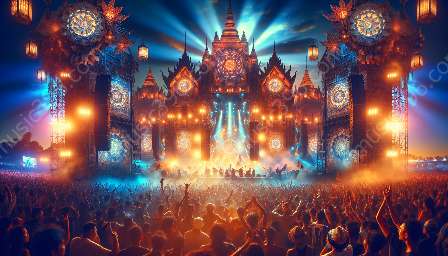Music festivals have long been a vibrant and integral part of global cultural experience. These grand celebrations bring together diverse audiences to celebrate and enjoy music, fostering a sense of community and artistic expression. Over time, music festivals have evolved significantly, reflecting the shifts in culture, society, and music itself.
As we delve into the history and development of music festivals, it becomes evident that they have played a crucial role in shaping the contemporary music and cultural landscape.
Origins of Music Festivals
The concept of music festivals dates back to ancient civilizations, where spiritual and communal gatherings often incorporated musical performances. In the West, the modern incarnation of music festivals can be traced back to the 1960s, a time marked by significant social and cultural upheavals. The countercultural movement and the rise of rock 'n' roll provided the impetus for large-scale festivals that embodied the spirit of freedom, creativity, and rebellion.
Key Historical Milestones
The watershed moment in the evolution of music festivals was the Woodstock Festival in 1969. This iconic event not only showcased the power of music to unite masses but also highlighted the potential of festivals as platforms for social and political commentary. The 1970s and 1980s witnessed the diversification of music festivals, with the emergence of events focusing on specific genres such as jazz, blues, and electronic music.
Diversity and Global Impact
With the turn of the millennium, music festivals embraced diversity and began to feature a wide array of genres, reflecting the increasingly eclectic tastes of audiences. The globalization of music festivals has also been a defining feature of their evolution, with world-renowned events bringing together artists and fans from different parts of the globe, contributing to the exchange of cultures and ideas.
Technological Advancements
The impact of technology on music festivals cannot be overlooked. The integration of cutting-edge sound systems, visual effects, and virtual reality experiences has transformed the sensory and immersive aspects of these events. Social media and live streaming have further expanded the reach of music festivals, allowing audiences worldwide to participate and engage with the festivities.
The Fusion of Music and Culture
Music festivals have become synonymous with cultural expression and identity. They provide a platform for artists to share their unique cultural heritage and stories through music, fostering inclusivity and mutual understanding. Festivals often incorporate visual arts, culinary experiences, and workshops, creating a holistic celebration of global culture.
Social and Economic Impact
The influence of music festivals extends beyond the realm of music and culture, with significant social and economic implications. Festivals have become vital contributors to local economies, attracting tourism and creating employment opportunities. Moreover, they serve as catalysts for social cohesion and community development, promoting a sense of unity and pride.
Sustainability and Social Responsibility
Modern music festivals are increasingly prioritizing sustainability and environmental consciousness. Efforts to reduce carbon footprint, minimize waste, and promote eco-friendly practices are becoming integral to the ethos of many festivals. Additionally, festivals are often platforms for raising awareness about social issues and driving positive change through charitable initiatives and partnerships with social organizations.
Future Trajectory
The trajectory of music festivals points towards continued innovation and evolution. As technology, culture, and society undergo rapid transformations, festivals are likely to adapt, offering new immersive experiences and embracing even greater diversity. With an increased emphasis on sustainability and social impact, music festivals will continue to serve as dynamic spaces for cultural exchange, artistic expression, and community engagement.
In conclusion, the evolution of music festivals has mirrored the changing dynamics of music and culture. These dynamic celebrations have transcended mere entertainment to become powerful drivers of creativity, unity, and social change. By understanding their evolution, we gain insight into the profound influence that music festivals have had on shaping the world we live in today.


